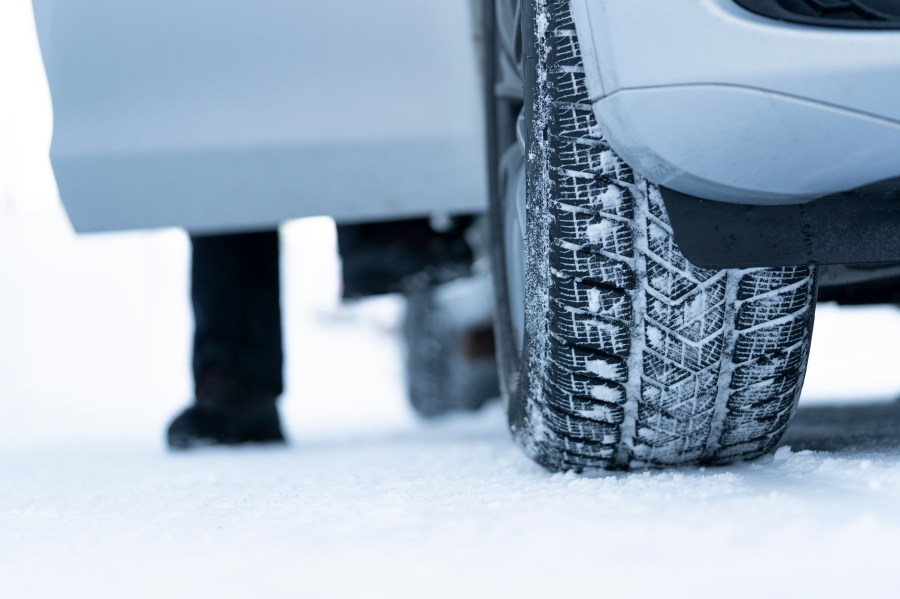As autumn gives way to the harsh realities of winter, residents in Rockford, Illinois, have been urged to take proactive steps to winterize their vehicles. The arrival of arctic weather highlights the importance of ensuring that cars and trucks are equipped to handle subzero temperatures. Experts like Tim Javurek, the owner of TJ’s Auto Center, emphasize the necessity of checking key components: tires, anti-freeze, batteries, and washer solvents must all be examined to prepare vehicles for winter’s challenges. This preparation is not merely a suggestion; it’s essential for preventing breakdowns and ensuring that motorists can navigate the icy roads safely.
One of the most critical aspects of winter preparation is the vehicle’s battery. Cold weather significantly impacts battery performance, particularly for older batteries that may already be struggling. Javurek points out that as temperatures plummet, the likelihood of a dead battery increases, making it one of the leading causes of stranded drivers. As batteries age, even those that seem to function properly might fail unexpectedly. Therefore, it’s prudent for vehicle owners to assess their battery’s health or opt for a replacement if it’s nearing the end of its lifespan.
On a recent morning, Valoria Robinson experienced the consequences of neglecting winter vehicle preparation firsthand. After dropping her daughter off at school, she returned home only to find her car battery had failed. This unexpected situation forced her to call for assistance and ultimately visit an auto parts store to replace the battery. While she managed to avoid being stranded, the incident served as a stark reminder of the importance of planning ahead, especially when winter weather poses such dangers. The inconvenience she faced came with a price tag of $263, a cost that could have been avoided with timely maintenance.
The emphasis on preparedness cannot be overstated; experts recommend that vehicle owners begin the winterization process well before the first snowfall. Last-minute repairs or replacements often lead to higher costs and increased stress as motorists face tight schedules or family obligations. Javurek warns that without preemptive measures, car troubles can escalate, leading to bottom-line disruptions when dealing with school runs or work commitments. Planning ahead for winter conditions allows drivers to avoid unnecessary hassles, ensuring smoother daily routines even amid inclement weather.
Regular maintenance is critical, particularly regarding how frequently vehicle batteries should be changed. Experts advise that batteries typically have a lifespan of three to five years. Vehicle owners are encouraged to keep track of their battery’s age and performance and replace it proactively rather than waiting for it to fail. This small but important step can save both time and money in the long run, avoiding the stressful scramble that often accompanies unexpected car troubles.
As winter approaches, the importance of winterizing vehicles cannot be ignored. With fluctuating temperatures and adverse weather conditions, proactive measures are essential for ensuring safety and reliability on the road. Drivers in Rockford, and beyond, should prioritize these basic winterization practices, routinely checking critical components to avoid potential pitfalls. Ultimately, taking the steps to winterize a vehicle not only enhances personal safety but also contributes to smoother transportation during the winter months.

